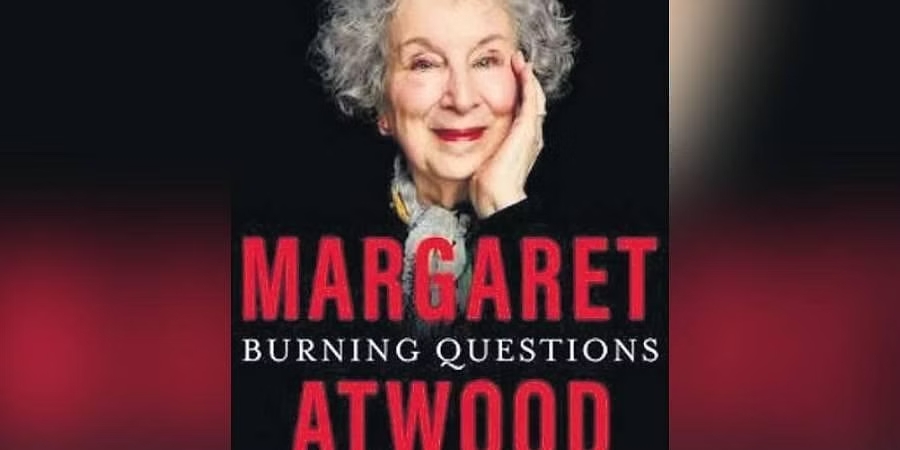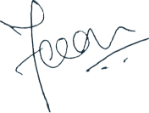Three Writers for Dinner & a Question

One of my favourite sections of The New York Times Book Review is the column: By the Book: The Dinner Party. It asks the question: You are organising a literary dinner party. Which three writers, dead or alive, do you invite? In a recent poll, the top three dinner guests who received the maximum votes were: Shakespeare, James Baldwin and Mark Twain.
Of course, let’s not forget that the responses are from the US and therefore biased towards western writers. However, this got me thinking about the three authors that I would like to have dinner with and why. I would rate American science fiction author Frank Herbert, Canadian novelist Margaret Atwood and Israeli historian Yuval Noah Harari as my three favourite conversationalists (not just writers).
They are all original thinkers who provided me interesting insights through their writings as well as their lives. I discovered Frank Herbert very late, after watching the 2021 movie Dune. I am not a sci-fi fan but once I started reading the book, published in 1965, I found that not only does it tell a fascinating story but it also imparts some profound lessons.
I first read the graphic novel, so I got a hang of the storyline and the characters before reading the novel, which is one of the longest and most difficult books I’ve ever read. The core message is that every leader is flawed and so one should not blindly trust leaders. Herbert said, “I wrote the Dune series because I had this idea that charismatic leaders ought to come with a warning label on their forehead: May be dangerous to your health.” If I had him over for dinner, I would ask him, “Since power attracts corruptible people, what virtue would attract noble ones?”
I have long been a fan of Margaret Atwood for being an outspoken feminist and environmentalist. To know her position on various issues, I would recommend her book Burning Questions. I love her predictions for the future and her take on science and technology; she has warned us against developments in biotechnology. We “can make embryos out of skin cells” which, she says, could lead to a society where we are all women, or where women are no longer needed!
About her relationship with her partner Graeme Gibson she said, “He wasn’t an egotist, so he wasn’t threatened by anything I was doing. He said to our daughter towards the end of his life, ‘Your mum would still have been a writer if she hadn’t met me, but she wouldn’t have had as much fun.’” My question to Atwood would be, “What role does a man play in a women’s success?”
What makes Yuval Harari interesting is that he has answers for the future even though he is a historian. He says, “History is the study of change, not just the study of the past. So, it covers the future as well.” His blockbuster Sapiens is a sweeping saga of the human species – from our humble beginnings as apes to a future where we will sire the algorithms that will dethrone and dominate us.
All of his books and talks are worth going through. I relate to his worry that “the basis of the future, not only of humankind, the future of life, is now in the hands of a very small group of entrepreneurs”. He views modernity as a “deal” whose ‘entire contract can be summarised in a single phrase: humans agree to give up meaning in exchange for power.’ My question to him would be, “Is a moral life in conflict with power?”
What would make the dinner interesting would be to see how each would react to the predictions of the other. I wonder if they all are saying the same thing!

